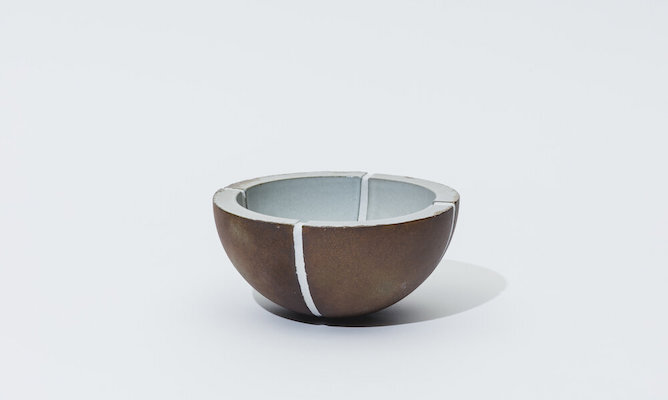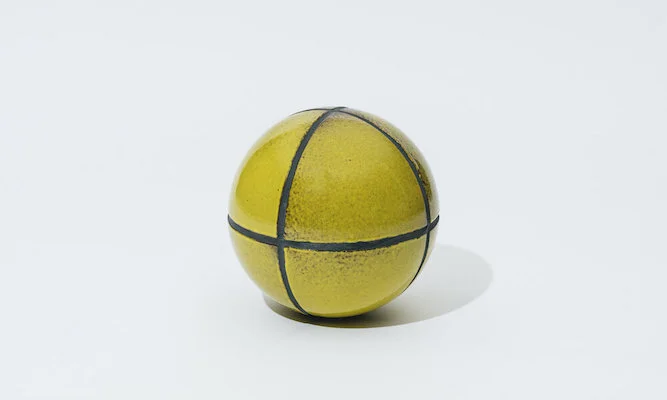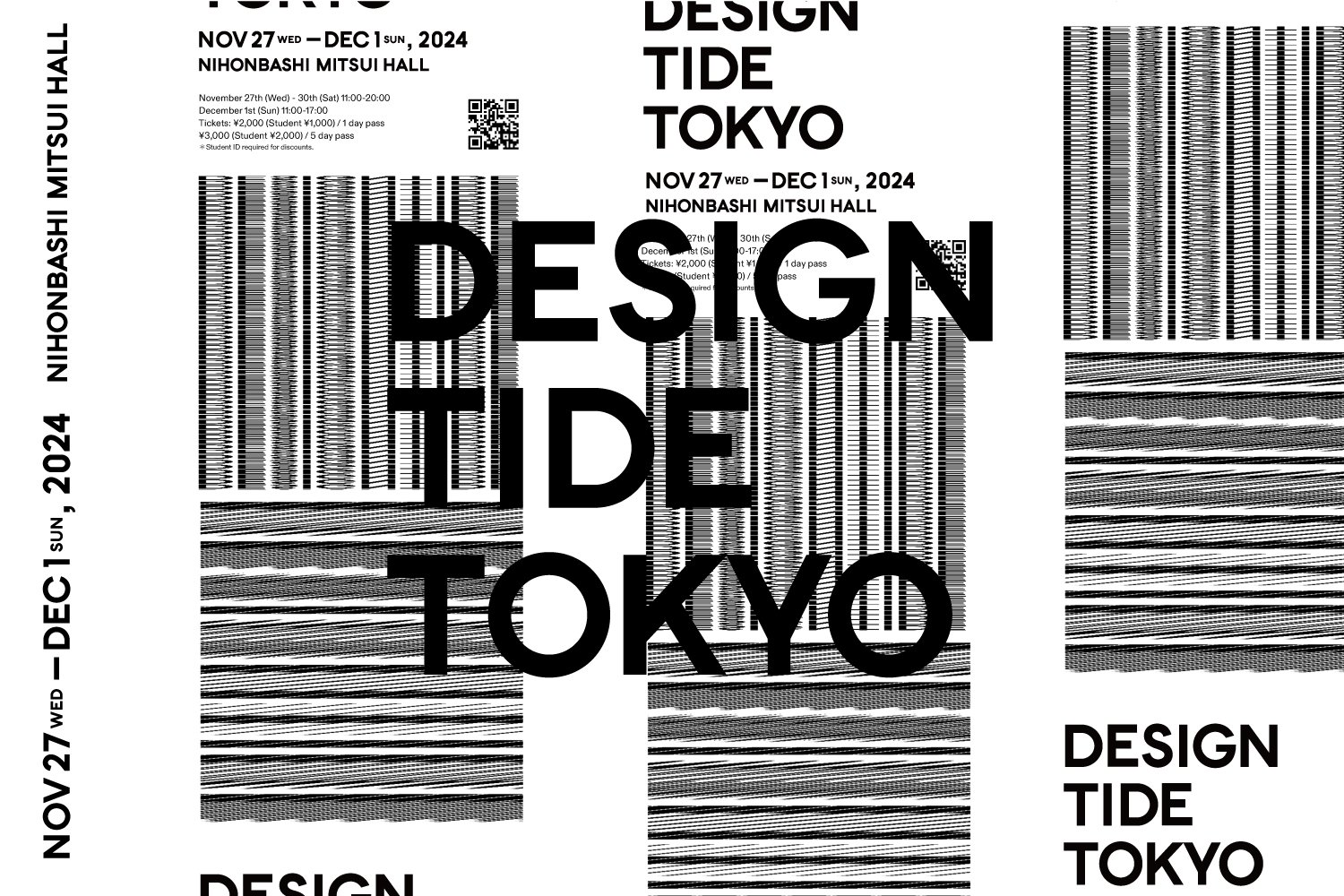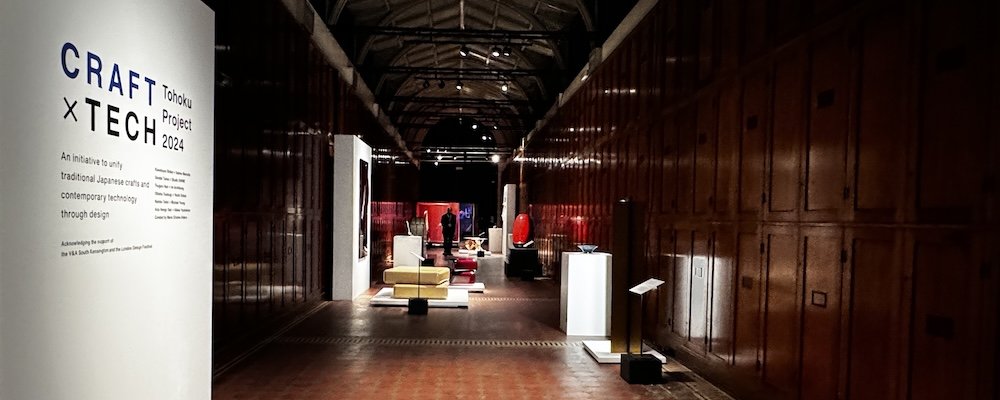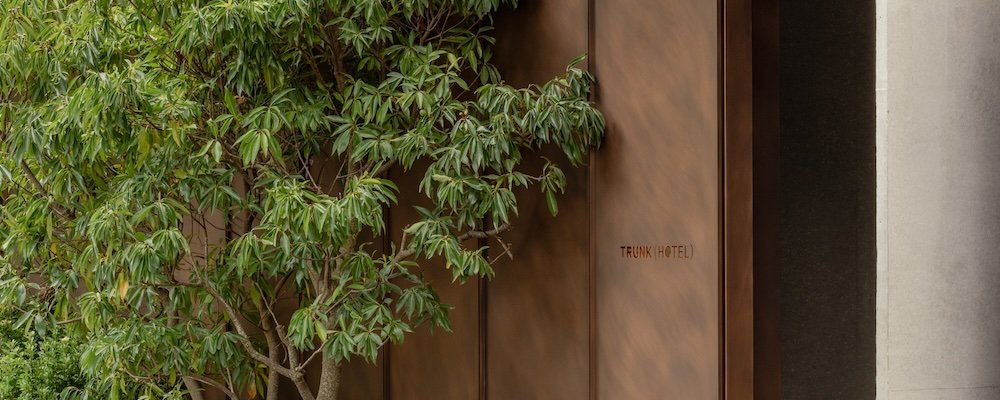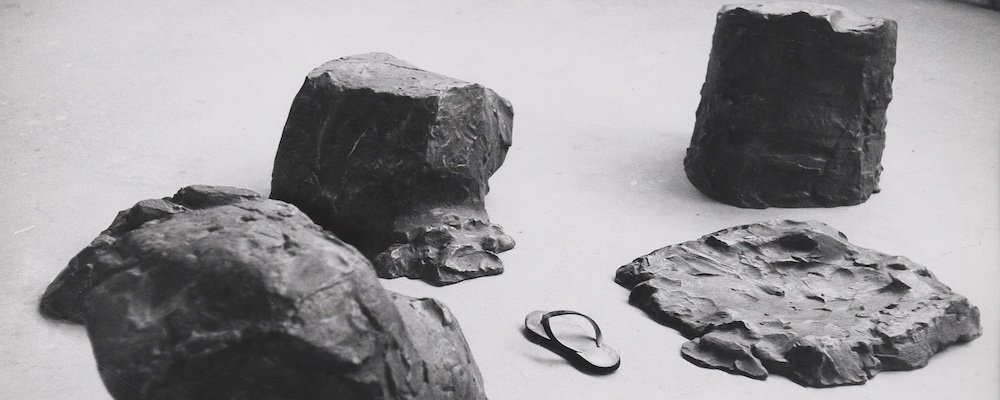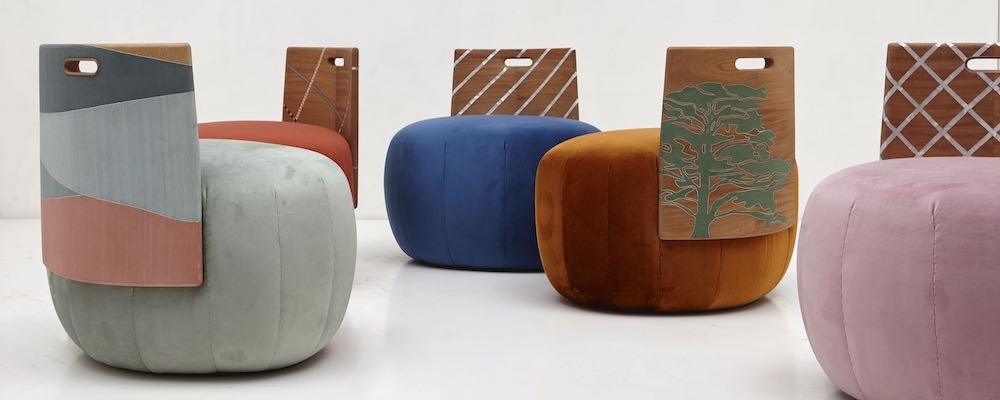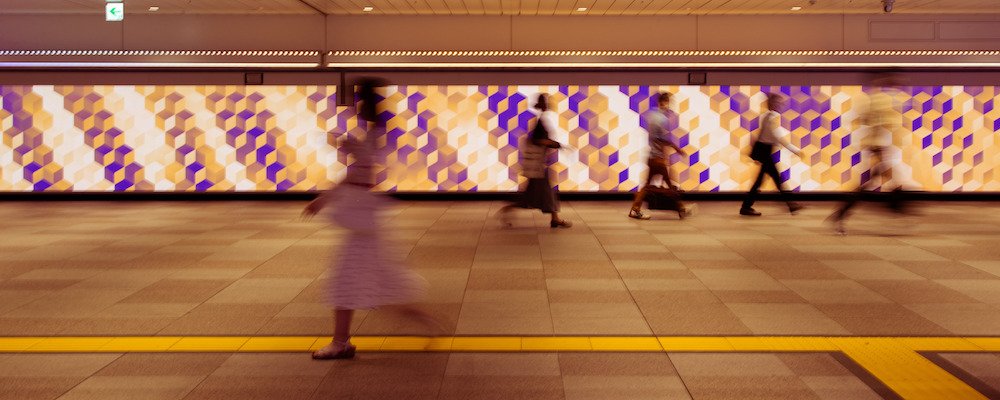Tajimi Custom Tiles by Kwangho Lee and Max Lamb
To celebrate its global launch, Tajimi Custom Tiles commissioned the two designers to create experimental objects demonstrating the brand’s capacity to produce tailor-made solutions.
Tajimi Custom Tiles is based in Tajimi, the historic centre of the Japanese tile industry.
It creates custom-tailored tiles catering to architects and designers globally. On the occasion of the brand’s global launch few days ago in Tokyo, the company presented two experimental installations based on the notion of tiles
Under the artistic direction of David Glaettli, Max Lamb (UK) and Kwangho Lee (KR) were invited to visit Tajimi, home to more than 1,300 years of ceramic history and tradition.
The variety of skills and techniques passed down through generations, which has become the local industries defining strength, led to the concept of “bespoke” tiles.
In the same way that a bespoke tailor draws on considered dialogue, quality materials and technical expertise, Tajimi Custom Tiles creates unique custom-tailored tiles in any size, shape, colour or texture for architects and designers, combining careful consultation with innovation and the highest quality.
The two installations including several-large scale objects, presented in Tokyo, were born out of fruitful collaborations between the designers and the local technicians and workers on site.
During their time in Tajimi, Kwangho and Max conducted research into materials and visited a number of local clay, glaze and tile manufacturers to gain understanding and appreciation for their skills and techniques. Moving beyond existing conventions, they developed new ideas around the concept of tiles that were brought to life through the techniques and imagination unique to the artisans of Tajimi.
TIDE by Kwangho Lee
For this project, Kwangho was inspired by one of the typical production methods in Tajimi – the clay extrusion. He created a module with a section in the form of a looped line, that can be extruded to different lengths in order to assume different functions.
The modules can be stacked horizontally or vertically to form various basic objects, like walls or benches. When the modules are aligned, the repeated loop has an almost hand-drawn quality, creating patterns reminiscent of knitted fabric.
“Knitting” has been an important theme in Kwangho’s work, and he has explored it often in different materials and on diverse scales. In his work with tiles, Kwangho’s knitting theme creates references to the varying states of clay, from initially soft and malleable to ultimately hard and fixed
WORKING TILE by Max Lamb
With this project, Max showcases what makes Tajimia unique manufacturing location and what TCT hopes to achieve.
He designed a set of modular, 3-dimensional tiles that can create countless shapes, with the resulting objects performing as vases, sofas, tables, benches or partition walls. He used typical clays with characteristic earthy attributes, and special glazes with ambiguous colours harkening to classic Japanese with tiles. His production method is pressure moulding which allows highly-precise 3-dimensional shapes and patterns.
Tajimi Customs Tiles offers a virtual, walkable 3D tour of the exhibition online on their website and instagram account.
Photo: Kenta Hasegawa. Thanks to Brand Kiosk.




















